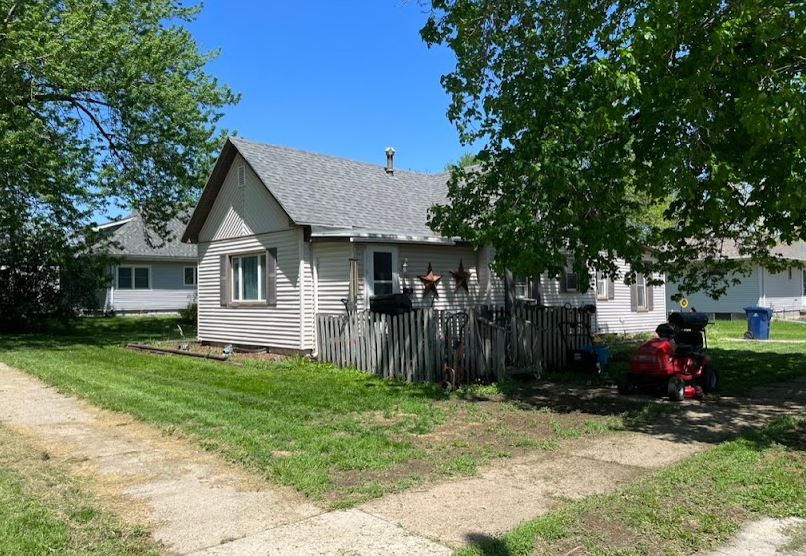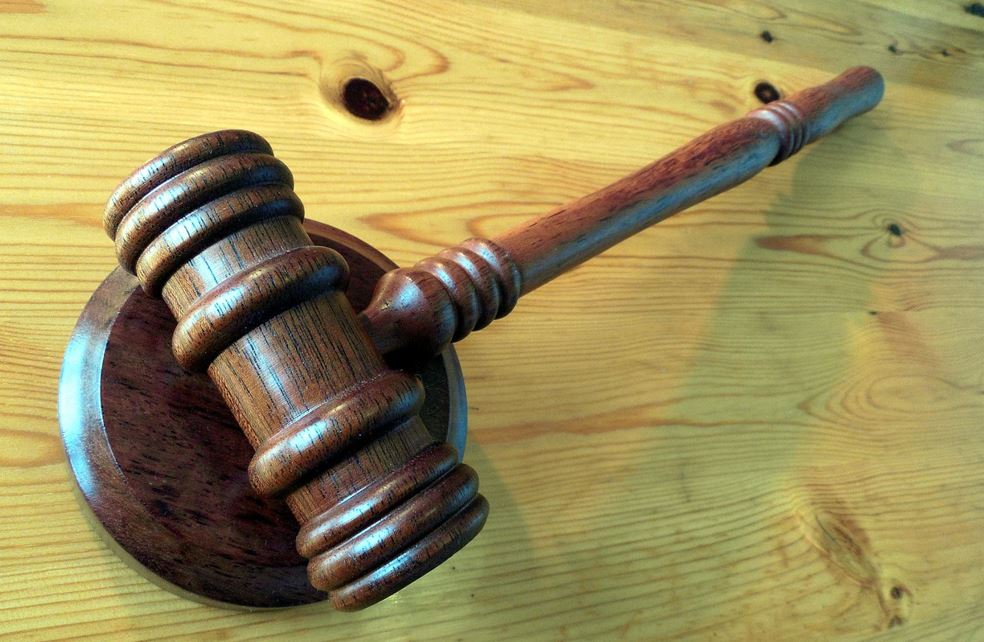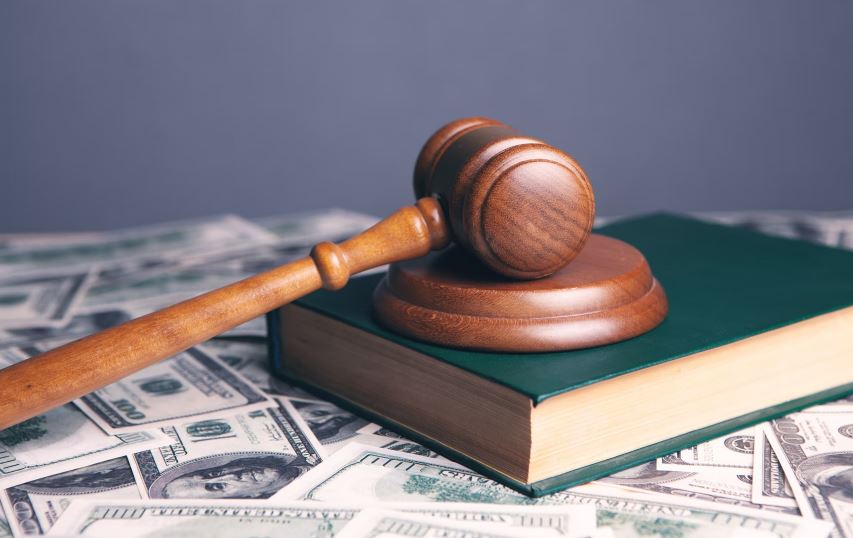Selling a distressed house through an auction is a good way to sell it fast.
Auctions can save you from dealing with the long process of using a real estate agent, like waiting for a buyer or worrying they might change their mind at the last minute.
In this post, I’ll break down everything you need to know about distressed home auction sales.
Can You Sell Distressed Homes At Auctions?
Yes, you can sell distressed homes at an auction.
Auctions are actually well-suited for selling distressed properties that are in financial distress or need significant repairs or renovations.
Auction buyers, who are often investors or flippers, are generally less concerned about the condition of the home and more focused on getting a good deal on the purchase price.

Properties with structural issues, liens, code violations or even tenants can all be sold at auction.
Pros and Cons Of Selling At An Auction
| Pros | Cons |
| Quick sale | Sale is final |
| Bidding can drive up the final sale price | Still have to pay fees if house doesn’t sell |
| No risk of buyer pulling out | Auction company fees higher than agent |
| No lengthy listing periods | Must vacate the property after sale |
| Attracts investors/developers |
How Much Does It Cost To Sell A House At Auction
Selling a house at an auction is generally more expensive than selling with a real estate agent.
Let me break down the main costs of selling a home at auction:
- Listing Fee: A flat listing / entry fee for adding your house to their auction.
- Auction Commission: The biggest cost is the commission paid to the auction house , which is around 1.5% - 5% of the final sale price.
- Marketing/Advertising Fees: Some auctioneers will charge fees to market your property in their catalog and other advertising.
- Legal Fees: An attorney will charge fees (often higher than normal conveyancing) to prepare the legal pack with title, lease info etc. for prospective buyers.
- Conveyance Fees: After the house is sold, you may need to pay conveyance fees to an attorney to complete the sale.
If the house doesn’t sell, you’d still have to pay some of these fees.
Selling Your Distressed Home At An Auction
If you decide to sell your distressed home through auction, here’s a quick guide:
#1 Prepare Your Home For The Auction
Auction buyers expect properties to need some work, but you still want to present your home in the best possible light.
So make any easy, inexpensive repairs and renovations you can, such as patching holes, fixing leaks, cleaning and decluttering.
And tidy up the exterior and landscaping as well.
The home should also be accessible for pre-auction viewings and open houses.
#2 Choose An Auction Company
Research and choose your auction company carefully, as they will be representing and marketing your property.
Look at their current listings and how professionally they present those homes online, in print catalogs/brochures, and on major real estate sites like Zillow, Redfin etc.
The auctioneer's qualifications and experience are also important.
Check if they belong to accredited organizations like the National Auctioneers Association and look for testimonials from past clients.
And make sure they are fully transparent about all the fees they charge sellers upfront.
#3 Marketing
The auction company will handle most of the marketing, including listing your property online, producing a catalog or brochure, arranging viewings, and hosting open houses.
Also Read: Marketing Strategies For Distressed Properties
However, you should also promote the auction yourself through your network and social media to attract more potential bidders.
I’d highly recommend posting it in real estate / house flipping Facebook groups.
Don't just rely on the auctioneer's marketing alone.
Your own efforts can attract buyers and drive up the final price.
#4 Auction Day
Before the auction date, you'll need to formally set two prices with the auctioneer's guidance:

- The reserve price - this is the absolute minimum you're willing to accept. It’s kept confidential between you and the auctioneer.
- The guide price - this is the estimated market value advertised to prospective bidders to set initial expectations.
At the auction, the registered bidders (investors, flippers, individuals) can either be there in person or bid remotely online. They can also bid via a proxy.
If there's a good crowd, with lots of interested bidders, things can get pretty intense with everyone trying to outbid each other.
The highest bidder must put down a non-refundable 10% deposit once the gavel falls.
#5 Closing the Sale
If the highest bid meets or exceeds your confidential reserve price, the sale is confirmed once the auctioneer strikes the gavel.
This is a binding contract.
The winner must pay the remaining 90% balance by the closing date - typically within 30 days.
What Happens If My Property Doesn’t Sell At Auction?
If your reserve price is not met at auction, you are under no obligation to accept the highest bid.
You can either accept a lower bid made during the auction session if it comes close to your price, or reject all bids and relist the property in the next auction cycle.
The auction house may try to negotiate with interested bidders after the auction to get a price you find acceptable too.
Or you can decide not to auction it anymore and look into other ways to sell, like cash buyers.
FAQs
How Does a Buyer Secure the House at an Auction?
Once the winning bid is placed, the auctioneer or auction house will require some form of down payment, either in cash or cashier's check, that is usually equal to or greater than 10% of the winning bid.
How Quickly Will The Sale Proceed After Auction?
Once the highest bid is accepted at auction, the buyer will get 30 days to transfer the remaining funds and complete the purchase.

